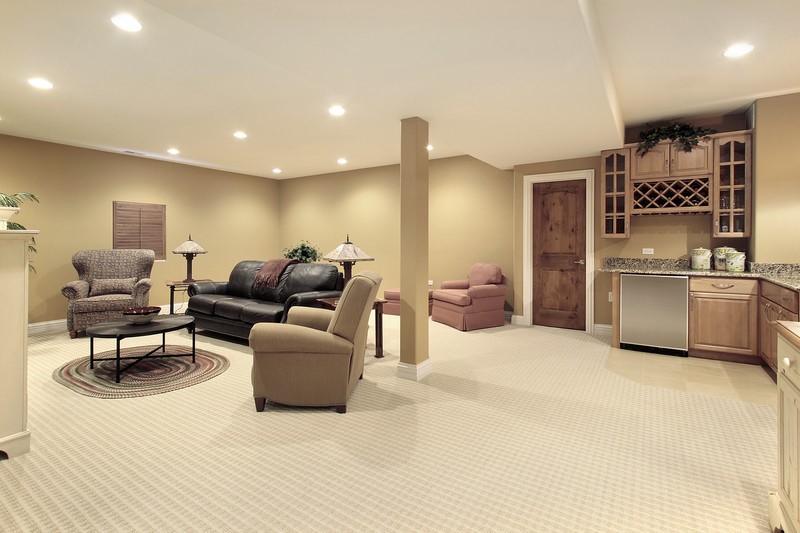How to Winterize Your Basement

Pop quiz: if your living room windows were drafty, letting cold air in during the winter, would you just shrug your shoulders and grin and bear it? Of course not. You’d address the problem, because you know those drafts mean your furnace works overtime, driving your energy bills through the roof. So why would you overlook drafts and other issues in your basement that sap your wallet? Ace Plumbing has a few simple tips to make winterizing your basement a snap.
Why Winterize Your Basement?
Some of us don’t give winterizing a second thought because we don’t spend that much time in our basements or cellars. In some cases, the basement is just where your furnace, washer, dryer, and a few stray items we keep in storage happen to “live.”
That doesn’t mean you should neglect your basement. Even if you hardly ever venture down there, that space can still make the difference in whether the rest of your home is comfortable. So what should you do?
Check for Drafts
There are any number of culprits that could be letting cold air into your basement. Windows, storm cellar doors, and exhaust fans can all create drafty conditions that can make your furnace work harder than it should. Additionally, if cold air is getting in, there’s a good chance that moisture — or even water — is getting in too. That can cause mold and mildew, which in turn can cause respiratory issues and structural damage.
Caulk around windows and doors. If you’re using steel storm doors outside, make sure you’ve got a durable door inside (not just a flimsy screen door) to shut out the elements and keep things warm. If you have a ventilation fan in your basement, ensure that it’s shut off and sealed off. Not only will your basement stay warmer, but the floor above it will too. That alone can often mean setting your heating at a lower temperature.
Cover Windows
Unlike the windows in your living room, bedroom, or bathroom, nobody thinks to put curtains on a basement window. Using plastic film that’s available at any hardware store, you can easily add a layer of insulation that can keep your basement toasty in the colder winter months.
Inspect Your Insulation
Whether it’s the walls, ceiling, or around your pipes, insulation’s there for a reason. Make sure it’s not aged, defective, or — especially — damp.
Check Your Water Heater
By default, your water heater is usually set at 140 degrees Fahrenheit. Setting it for 120 degrees is often hot enough for many people, and that 20 degree difference makes a big difference in your utility bills. If it’s acting up, ask us whether it’s time for a new water heater.
Winterize Your HVAC System
There are steps you can take to winterize your air conditioning unit and ensure that your heating is ready for the cold months ahead. A quick call to Ace Plumbing is all you’ll need; with our HVAC tune-up, we’ll inspect, service, and make any needed repairs so your home will be ready for whatever Mother Nature sends your way! Call 916-4555-4548 today.



